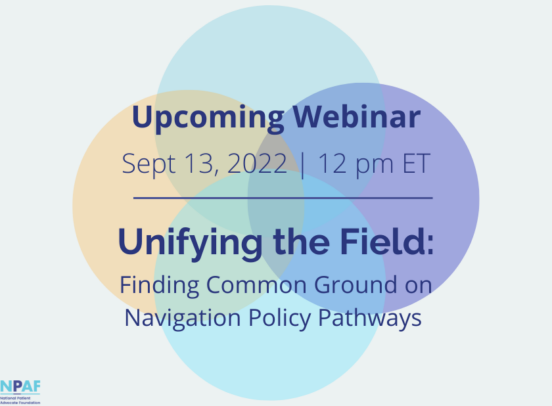Needs Navigation
Needs Navigation Issue Brief
Learn more about Needs Navigation and how it can help address the financial hardship and other challenges patients and caregivers face.
Practical guides and information for navigating the health care system.
Needs Navigation
Learn more about Needs Navigation and how it can help address the financial hardship and other challenges patients and caregivers face.
Insurance
Needs Navigation
Needs Navigation
Costs, Needs Navigation
Costs, Equity, Insurance, Needs Navigation
Equity, Insurance
Insurance, Needs Navigation
Insurance
Costs, Equity, Needs Navigation
Insurance, Needs Navigation
Needs Navigation

